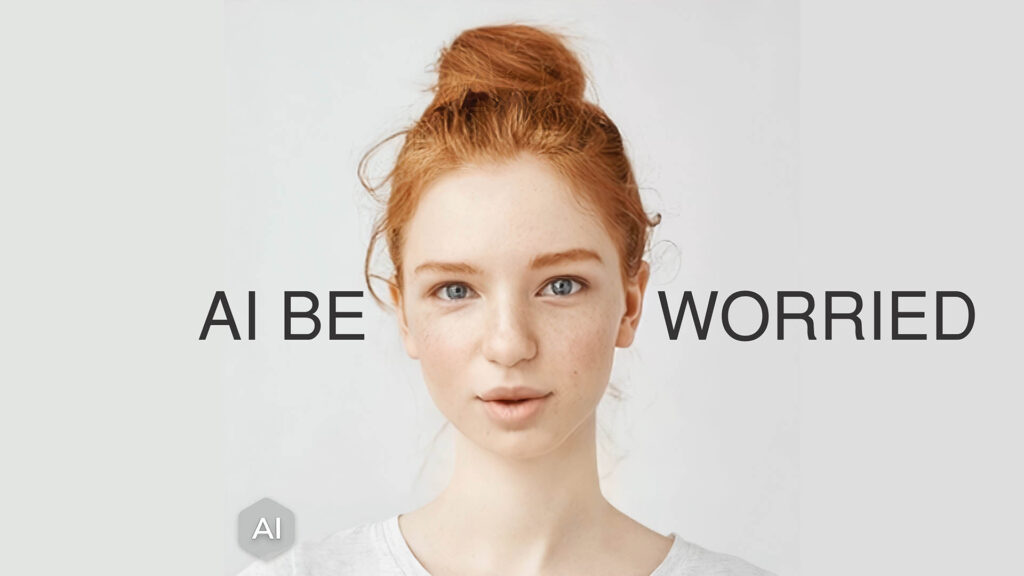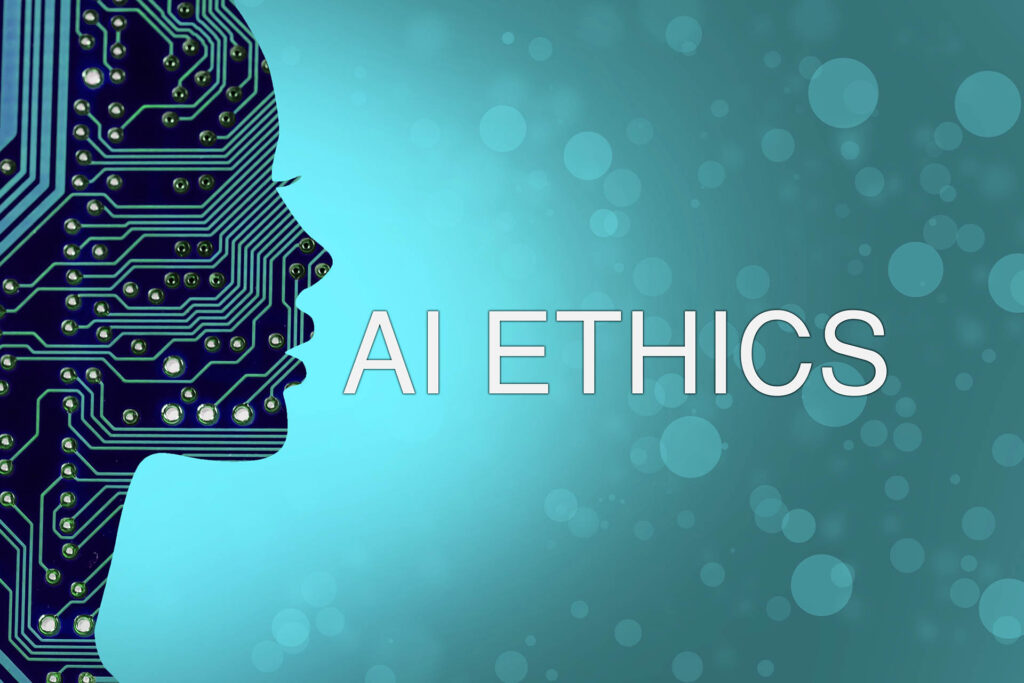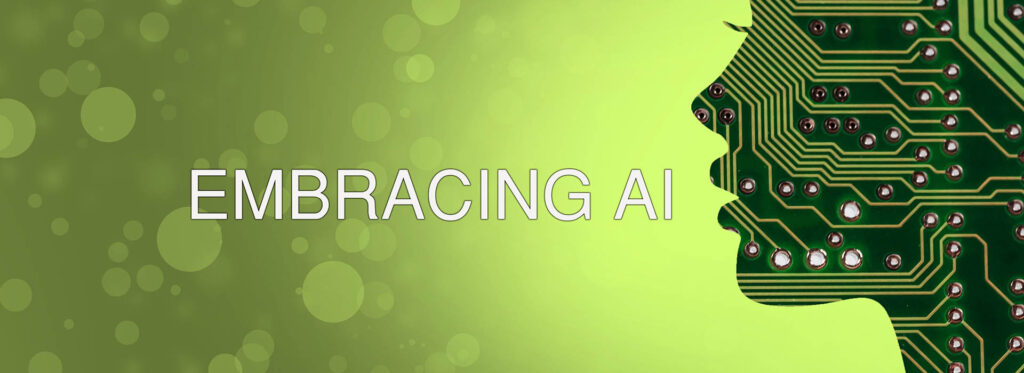AI Vocals are Taking Over! Should Voice Artists and Singers be Worried? Speaking here, as a voice artist and singer who has worked with AI companies, I can see the potential for this technology to wipe out voice-over and singing jobs, literally overnight. That is unless we embrace the technology and work with the AI industry to ensure fair compensation and ethical use of our vocals. In fact, my voice in this video has been cloned by an AI model using less than five minutes of audio. This is created purely from a text input. Wow! So I guess I never have to speak again, right? That’s a bit mental, when you think about it.
Should we actually be worried though, in a world where they still haven’t solved avatars with legs in the metaverse and Twitter’s press email auto replies with a poo emoji? How likely is AI to pose a real threat, when the graphics in tech like VR still look a bit weak? Maybe we’re years away from anything we should actually be frightened of, or maybe it’s imminent. If it takes six hundred thousand streams until a major record label like Universal Music spots a deepfake of Drake and the Weeknd, then smaller artists have a massive challenge ahead. There’s already a fundamental lack of understanding and respect for artists’ copyright. So putting this AI tech in the hands of the general population is inevitably going to create a tidal wave of infringements.
AI Vocals Replacing Human Voice Over Artists?
Voice work is not only my passion but also my livelihood, and the idea of losing opportunities to a machine is a bit scary. There’s the potential for AI-generated voices to replace human voice-over artists and singers altogether. While this may seem like a far-off concern, it’s important to consider the long-term implications of this technology. If AI voices become the norm in commercial applications, as it seems is already happening, it could have a significant impact on the job market for vocal artists.
AI Made Pies?
So, what should I do? Look for a new job that AI can’t imminently threaten? Maybe I should bake pies instead. Although maybe that will be taken over by AI Made Pies in the future?
While AI technology has already made significant advancements in the music industry, including creating hyper-realistic synthesised vocals and generating entire songs without human input, in my opinion (and probably the opinion of many other vocal artists) there is still a certain level of emotion and expression that can only be achieved through human performance, so far. Not just that, it’s the underlying life experience behind that emotion that can’t really be recreated. The AI would technically need to be self aware and create its own life experiences to draw from, to be truly original. To be honest though, that may just be around the corner. More a case of when, than if.

I do recognize that AI can still pose a threat to my profession right now, even without that true life experience. There are already AI programs that can mimic a human voice so well that it can be difficult to distinguish between the real and the synthesised. Maybe it’s not perfect with it’s human-like expression and intonations but the tech is getting really really close to being indistinguishable. It’s the obvious choice for some companies to opt for AI-generated voice-overs and singers as a cost-saving measure, even if it still sounds a bit robotic.
Then again, the more I listen to this AI generated voice, the more I’m convinced that a human recorded it. It’s not actually that robotic. Spooky.
The Ethics of Working with AI companies to train Voice Models

I’ve had the opportunity to work with a few AI companies training their models to speak and sing. It’s been an interesting experience to say the least, and I’ve definitely learned a lot about the potential issues with ethics and fair compensation in the AI industry.
A friend asked me, why would you help train a technology that could take away your jobs? It’s a good question and to put it simply, it’s better to be involved and compensated now than to be left behind with nothing. Someone needs to work with these AI companies to sort out the ethics whilst the industry is being formed.
On the one hand, working with AI companies can be really exciting because you become a part of cutting-edge technology that has the potential to revolutionise so many different fields. However, as we all know, the AI industry is still in its early stages, although it is progressing exponentially and there are a lot of potential ethical issues that need to be addressed and fast.
Training AI Voice Models
As a singer, I’m particularly concerned about how AI companies are using our voices to train their models. Some (but not all of them) aren’t transparent enough about how they are obtaining and using our voices. We need to know exactly how our voices are being used, and we need to have the right to control them. It’s not acceptable using bots to scrape our voice samples from the internet without permission, then use them in commercial applications without paying us as the owners of the source material. Even just for non-commercial research, AI companies should be seeking permission and consent, that’s just common sense respect. My voice is unique, like my fingerprints, and I own it.
Another major concern is that AI technology can be used to manipulate and deceive audiences. With the ability to generate realistic-sounding performances and create deepfake videos, it is possible for AI to be used to create performances that are not actually real. This can be a major problem for performers who rely on their authenticity and credibility to connect with their fans and build a loyal following.
Despite these potential issues, I still believe that working with AI companies can be a positive experience for both parties. As long as we’re all mindful of the ethical considerations involved, we can help advance the field of AI in ways that will benefit everyone. Just respect my unique voice that originates from my life-experienced, emotionally sensitive human body, and I’ll respect your AI technology.
Compensation and Royalties for training AI Voice Models
While AI tech can be incredibly useful, it also raises important questions about how vocal artists are compensated for their contributions. One of the main issues is the lack of clarity around ownership and control of the voices used to train AI models. Without clear agreements in place, it can be difficult for vocal artists to ensure that they are receiving fair compensation for their work. Additionally, there are concerns around the use of these voices in perpetuity, without any additional royalties or compensation for ongoing use.
It’s important for the vocalists and AI industry to come together and address these concerns head-on. We need to work towards fair compensation and clear ownership agreements for the use of our voices in AI models. At the same time, we should also be open to exploring the potential of this technology and finding new ways to collaborate with AI systems in our work.
Embracing AI Vocals technology

One of the biggest advantages of AI technology is that it can help us to create new music faster and more efficiently than ever before. With the use of machine learning algorithms and other advanced techniques, we can generate melodies, chord progressions, and lyrics with greater ease and speed than ever before. This can be a huge benefit to songwriters and performers who are always looking for new and creative ways to express themselves.
Another major advantage is that it can help us to analyse and improve our performances. By using AI to analyse our vocal performances, we can identify areas where we need to improve and get feedback on how to do so. This can be a valuable tool for singers who are looking to refine their craft and become better performers.
Overall, I believe that AI technology can be a powerful tool for singers and other musicians, but we need to be aware of the dangers and pitfalls that come with it. By staying grounded in our authenticity and emotional connection with our

